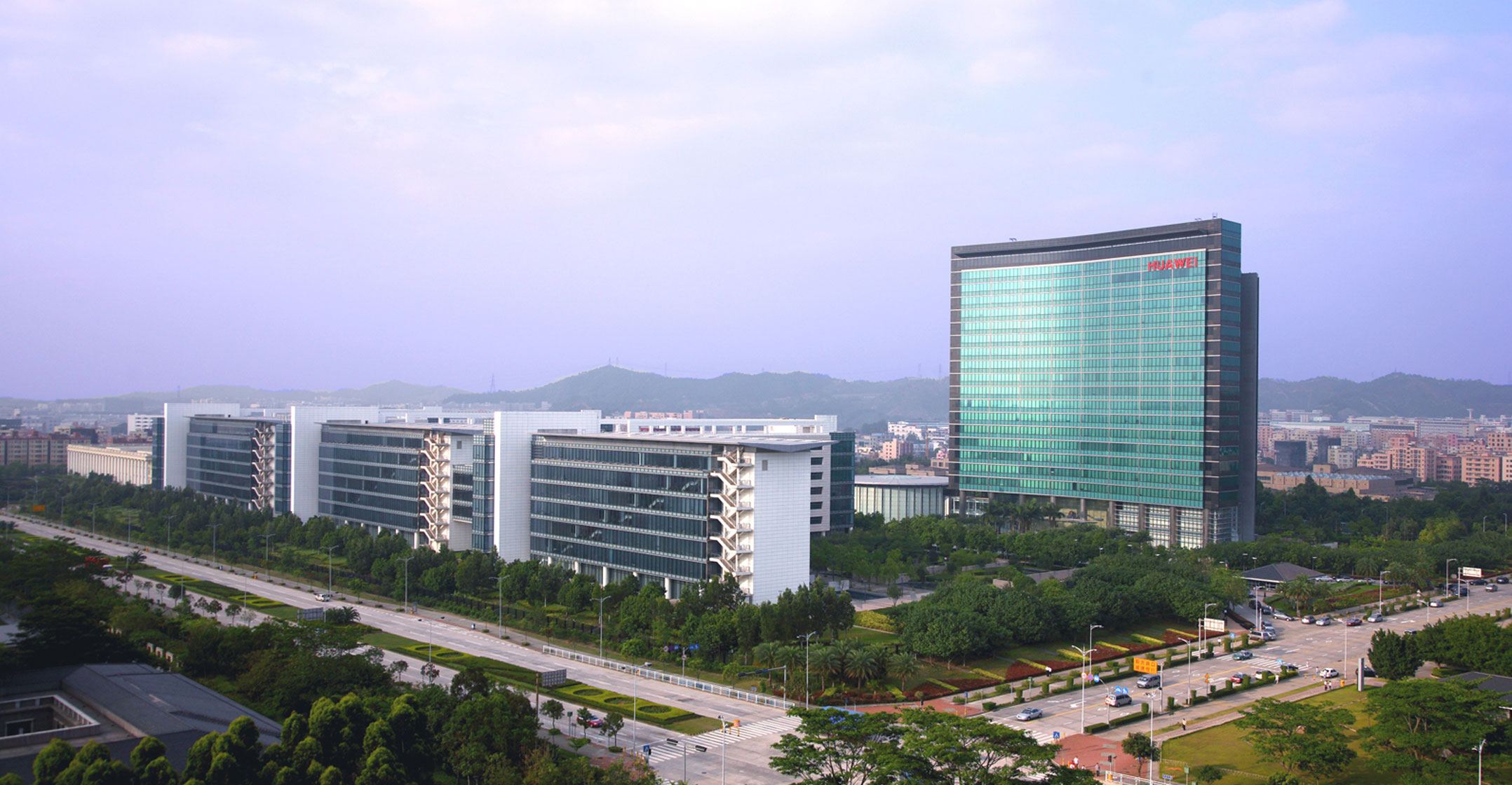 Regulators are moving to let US companies participate in technology standards-setting bodies alongside Huawei Technologies, despite the Chinese firm being blacklisted in the US over security concerns.
Regulators are moving to let US companies participate in technology standards-setting bodies alongside Huawei Technologies, despite the Chinese firm being blacklisted in the US over security concerns.
The commerce department is writing a regulation to make it clear that restrictions on dealing with Huawei don’t bar involvement in international processes in which the Shenzhen-based maker of telecommunications equipment also is taking part, said two people briefed on the matter.
The rule could be released within days for a review by other agencies and may not be final for some time, said the people who asked not to be identified because the change hasn’t been made public. The commerce department declined to comment.
The Trump administration last year said it would cut off Huawei’s access to crucial American components, and has waged a campaign to get allies to shun the company’s telecoms equipment because it is a security risk. Huawei has denied it is a security risk.
Standards-setting bodies designate technology to be used widely in manufacturing, for instance ensuring that photos from a Samsung Galaxy phone can be viewed on an Apple iPhone.
Tech advocates have said shifting rules have led US companies to shun some standards-setting forums.
Ambiguities
“Confusing and unclear US policies have inadvertently caused many US companies to lose their seat at the table to competitors from other countries, namely China,” said Naomi Wilson, senior director of policy for the Information Technology Industry Council, a policy group that includes Qualcomm and Intel as members. “It is critical that the US department of commerce address these ambiguities.”
Doug Brake, telecoms policy director for the Information Technology and Innovation Foundation, said US companies’ participation “is crucial to making sure American technology is incorporated in basic technology around the world”.
Six US senators in a 14 April letter raised the issue, saying they were concerned about “risks to the US global leadership position in 5G wireless technology”. — Reported by Todd Shields, (c) 2020 Bloomberg LP




